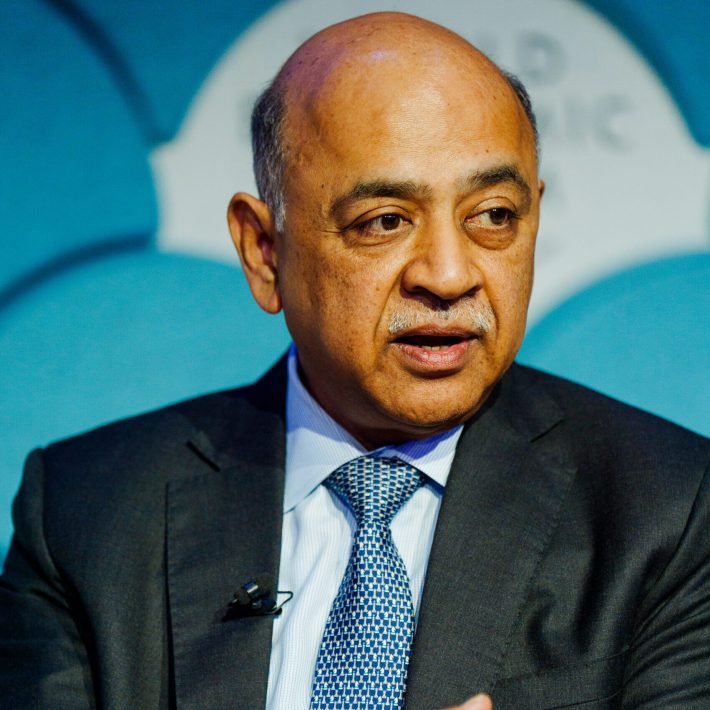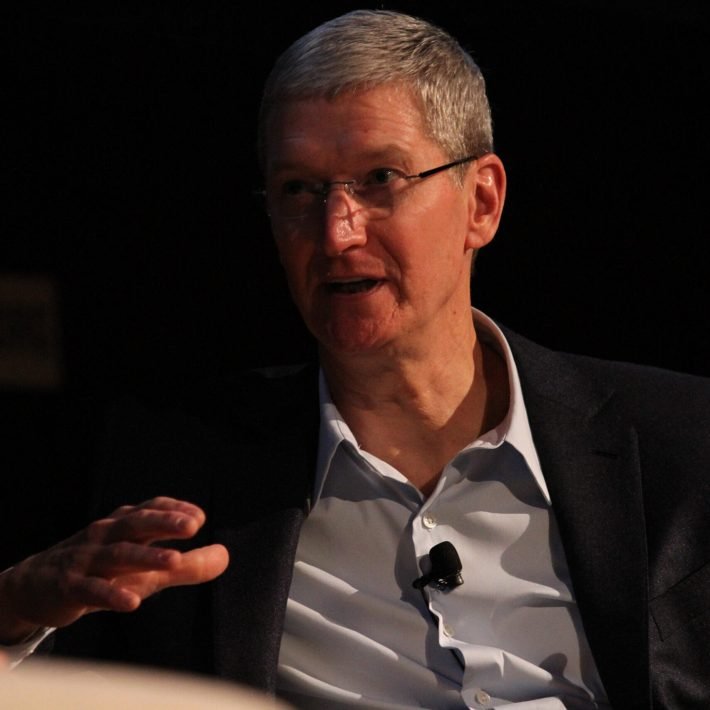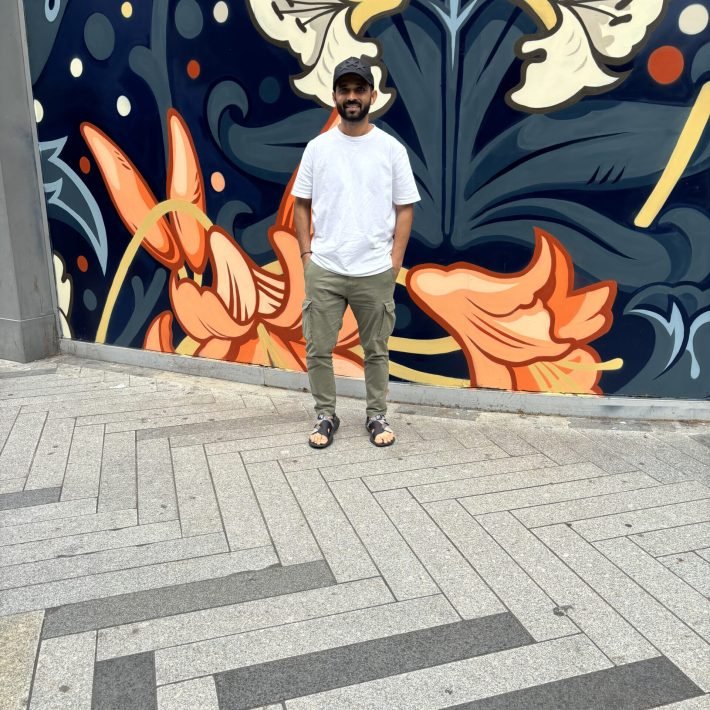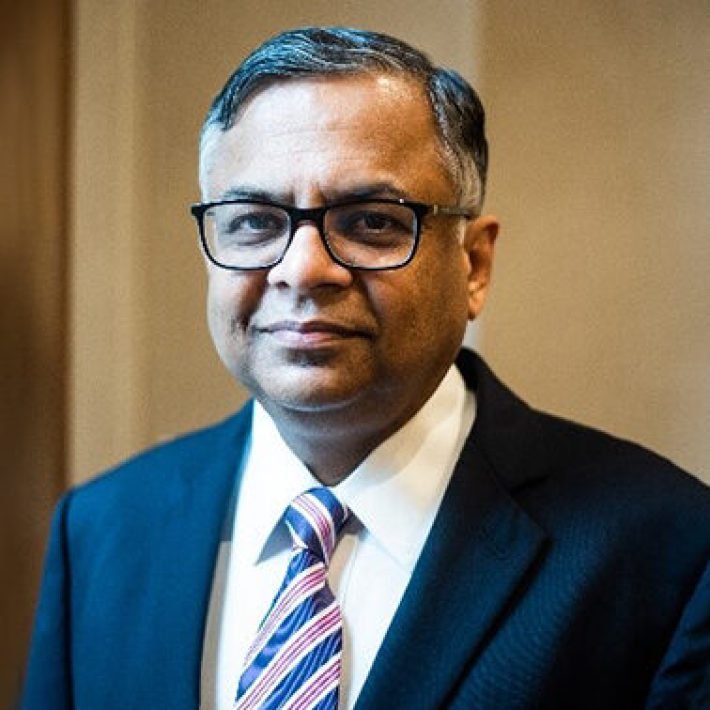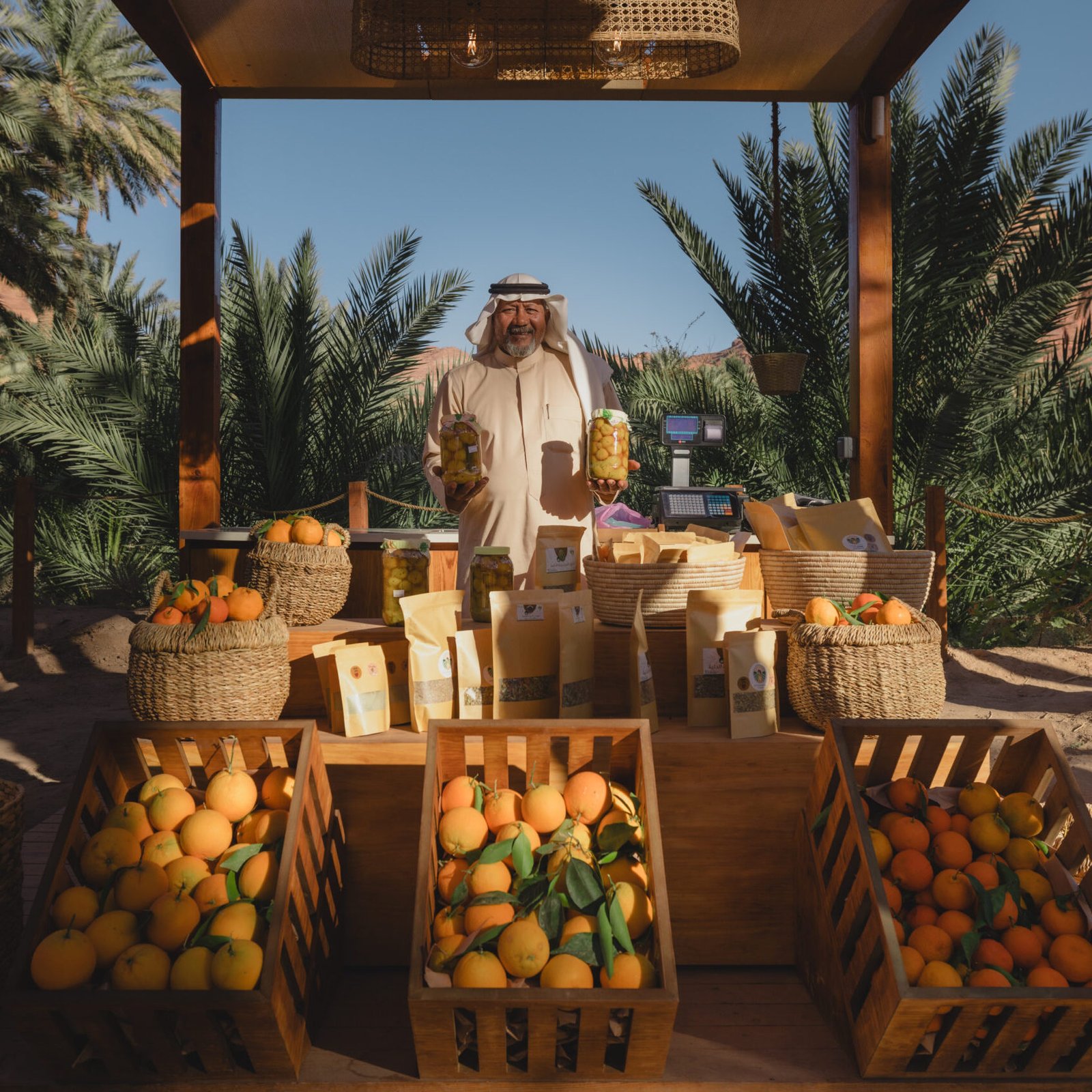Young, astute and dynamic, Dhaval Ajmera is a Director at Ajmera Realty & Infra (I) Ltd. The Ajmera Group has completed many commercial and residential projects under his capable direction in major Indian cities and abroad. Dhaval plays a crucial role in project planning, coordination and management of the Ajmera Group.


By Tsunami Costabir
“Failures are opportunities to learn. Grow from them and move forward.”

Can you tell us about the legacy of the Ajmera Group and how you work towards upholding the vision set up 55 years ago?


Today, we have three generations of the family working in the business, but it is run as a professionally managed company and not a familyrun business. There is an equal divide between the team and the family to ensure smooth operation. The vision of our Chairman going back 40 years was ‘creating pincodes’ – places that are sufficient unto themselves, where a resident doesn’t have to go outside their complex for basic requirements like schools, convenience stores and playgrounds. Our projects in Shastri Nagar, Manish Nagar and Vijay Nagar are all townships – 17,000, 5,000 and 6,000 apartment complexes.

During the 1980s, we developed one of Asia’s largest townships, 15,000 apartments in Mira Road. With 1,700 apartments in one complex, these developments’ scale and size have been pincode creators for that area. When we develop a township, suddenly, we have 60-70,000 people come in, and it becomes a space of strategic importance.

Having built real estate projects in different parts of the country and the world, what is a key for people when choosing a space to live in?
The real estate market in India is very sentimental. For us, roti, kapda aur makaan are the essentials. We all have some real estate in our portfolio: land, a shop, a garage, a house or an office.

Somewhere, we are emotionally connected to our properties. When you look at our Honourable Prime Minister’s vision of ‘housing for all’, it comes from that same sentiment. Everyone needs or wants to have a roof over their heads. And that is why there is a great demand for housing.

Housing with a sense of security, too, is essential. You want to be assured that your family and children are safe when you’re leaving for work. Hence, a complex with amenities and basic facilities, a school within walking distance, convenient shopping malls, and even offices. Townships give you a sense of security and ease of living.

“We are trying to bring down premiums with the government, whereby the
real cost will come down, and apartments will automatically start getting more affordable.”

Can you give us an overview of the current state of the realty industry and any significant trends or challenges you have observed?

Real estate has always seen a lot of challenges. From the Lehman Brothers crisis to the LFS crisis, demonetisation and GST have all impacted the real estate market. When COVID hit, I think that was like the last nail in the coffin. So every time the decision to buy a home was postponed. But COVID also made people realise that their home was their only saviour during the pandemic. Suddenly, the demand and the importance of having a home, especially amongst millennials, increased. With the kind of demand for housing in the country, even if every developer works 24/7, the demand will still not be met. The other boon is that the Indian economic cycle and the market have been in a very comfortable position. I wouldn’t say it’s the best, but compared to a lot of world markets, the Indian economy is doing well. We see that ripple effect in real estate where homes and offices are bought, and expansions are made.

Another trend is that everyone is looking for a bigger home. So internally, the demand is increasing, and the population increase pushes demand further up. Trends are also shifting to homes with better amenities and facilities. Complexes and offices with sustainable living that are environmentally friendly, with less maintenance, and green buildings are in focus. The next law in residential and commercial real estate will be with regard to sustainable living.

How do you approach project planning, coordination, and management within your organisation? And how do you evaluate potential real estate projects and promising market opportunities?

When you look at the real estate market, it all depends on who has the people’s trust.

There are five conditions:


1. What has been the developer’s track record?
2. How old is the firm?
3. How many apartments, offices, or projects have they delivered?
4. Are there any legal issues with the company?
5. Do they have a better or cleaner image than other players in the market?
If a developer is willing to have more disclosures as a listed entity, they get priority. It also helps if they have a focus within a micro market or have a specialisation. Given Ajmera’s history and 55-year-old legacy, we have people’s trust.
When we enter markets, we analyse their particular trends. Budget is a constraint for everyone. We look at providing the best things within that budget. Every micro market has different pricing, so we need to understand what best we can fit within that budget and that area. We also look at micromarket opportunities – growth trajectories and price trades. Our finance team draws up the entire budget, and if the numbers and estimates make sense, we zero down on it.
What unique perspectives or innovative concepts have you introduced as Director at Ajmera Realty & Infra (I) Ltd.?
As a company, our motto has always been to evolve. We believe in evolving within our company within our projects; we always try to figure out what we can do better. Right now, when we launched our project Ajmera Manhattan, the project was focused on bringing the ‘Manhattan life’ to Mumbai. The two cities have many similarities – tall buildings, busy life, many people, a great vibe, shopping, business, and amenities. We’ve partnered with the famous boxer, Evander Holyfield, to set up a gym. We’re also working on building a central park within the complex. With every project, we try and establish a different trend. We’ve recently launched a township project in Ghatkopar, which is unique to the area where there are a lot of single buildings. We work on building exceptional homes – with international designers, rooftop swimming pools, and other amenities that aren’t yet available in the market.
“Complexes and offices with sustainable living that are environmentally friendly, with less maintenance, and green buildings are in focus.”
“India is growing, and we need better homes built faster to serve the demand.”
As Secretary, CREDAI-MCHI, what changes do you wish to bring about in the real estate space?

CREDAI-MCHI works for the real estate industry with the motto of growth. We want to create opportunities for all by creating space for women, affordable homes and sustainable living. The Indian real estate market is on the uptake, and there are many opportunities available for everybody. We’re pushing many ideas to accelerate and create ease of doing business. We are bringing in a lot of technology within the government so that approvals become faster. Affordability in a city like Mumbai is a great challenge compared to other cities in India.

We are trying to bring down premiums with the government, whereby the real cost will come down, and apartments will automatically start getting more affordable. We also need to leverage technology. India is growing, and we need better homes built faster to serve the demand. But our main focus is to achieve affordability in the real estate sector.

What are some long-term goals and future projects that Ajmera Realty is looking forward to?

We, as managers, are aiming to see 5x growth. We have had a great sales run in our planned projects. This year our top line launch is at around Rs 2,000 cr. We’re also looking forward to many redevelopments and joint venture projects. We are actively working in different micro markets and are hoping to crack a few deals.
How do you manage your hobbies, interests, fitness, family, and work?

Real estate has been a huge passion. I don’t look at it as work, which keeps me going. Working in real estate is not easy. There are a lot of complexities with approvals and people management. But I try to make the most of my opportunities and contribute to this great industry. Situations, where we all can win, give me an incredible high.



Additionally, I believe that no matter how great you may be professionally, personal growth and health are more important. I love running. It gives me time to think, understand and plan, and helps my health. I’m also attempting the Ironman. I love challenges.


As for family, we have worked together for years. We have three generations of family working in the business. I believe family is my strength. I look forward to coming to the office and having discussions with them. I have three kids, and I ensure that my weekends are dedicated to spending time with them.


“Working in real estate is not easy. There are a lot of complexities with approvals and people management. But I try to make the most of my opportunities and contribute to this great industry.”

What advice would you give aspiring entrepreneurs or professionals looking to enter the realty industry?
I believe that you should work with passion. Success and failure will happen, but don’t get dejected. Failures are opportunities to learn. Grow from them and move forward. I also believe in being fair. The world is not just you or your company. The world is everyone. You must be fair with your company, customer, landlord and everyone involved. Understand that business is a transaction with give and take. Work on making fair deals, and people will appreciate you.

What final note would you like to leave readers with?
Real estate is real! Continue to buy because no matter what, a home is something we all need.




“Family is my strength. I look forward to coming to the office and having discussions with them.”
“We are trying to bring down premiums with the government, whereby the real cost will come down, and apartments will automatically start getting more affordable.”

